Home>Garden Essentials>Where Can I Dump Landscaping Waste
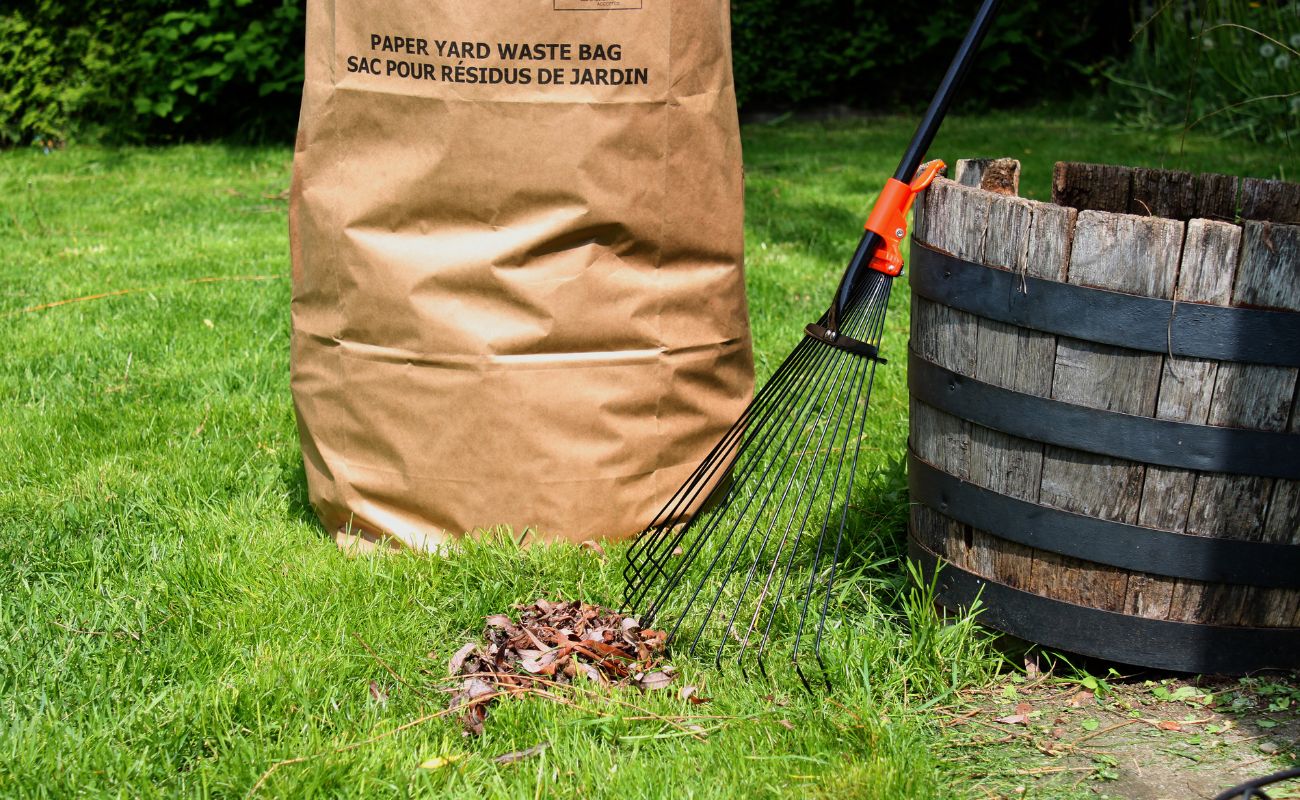

Garden Essentials
Where Can I Dump Landscaping Waste
Modified: August 16, 2024
Looking for a place to dump your garden landscaping waste? Discover the best locations for disposing of garden debris safely and responsibly.
(Many of the links in this article redirect to a specific reviewed product. Your purchase of these products through affiliate links helps to generate commission for Storables.com, at no extra cost. Learn more)
Introduction
When it comes to landscaping, it’s essential to have a plan in place for disposing of landscaping waste. Whether you’re trimming trees, mowing the lawn, or undertaking a major garden renovation project, knowing where to dump your landscaping waste is crucial for both convenience and environmental responsibility.
In this article, we will explore various options for disposing of landscaping waste. From municipal recycling programs to DIY methods, there are several approaches you can take to ensure that your waste is properly managed and processed.
Proper waste disposal not only helps keep your property clean and clutter-free, but it also contributes to sustainable waste management practices. By utilizing appropriate disposal methods, you can contribute to the health of the environment and create a greener space in your community.
So, let’s dive into the different options available for landscaping waste disposal!
Key Takeaways:
- Properly managing landscaping waste is crucial for a clean environment. Options like recycling programs, composting, and DIY methods offer eco-friendly ways to dispose of waste and create valuable resources for gardening.
- By utilizing local recycling programs and composting facilities, you can contribute to sustainable waste management and create nutrient-rich compost for gardening. DIY methods like composting, chipping, and mulching also offer eco-friendly options for waste disposal.
Read more: Where I Can Throw My Construction Waste
Municipal Recycling Programs
One common and convenient option for disposing of landscaping waste is through municipal recycling programs. Many municipalities have established recycling centers or programs specifically for green waste, such as branches, leaves, and grass clippings.
These programs typically accept a wide range of organic materials, including yard waste, tree trimmings, and even small amounts of soil. The collected waste is then processed into compost or mulch, which can be used in landscaping or gardening projects.
To take advantage of these programs, check with your local municipality or waste management authority to find out the specific guidelines and requirements. They may provide curbside collection services, where you can bag or bundle your landscaping waste and leave it at the designated collection point on your scheduled pickup day.
Some municipalities also offer drop-off locations or recycling centers where you can bring your landscaping waste directly. These facilities often have specific hours and guidelines for drop-offs, so be sure to familiarize yourself with the rules.
Keep in mind that while municipal recycling programs are a great option, they may have restrictions on the types and quantities of waste they accept. Ensure that you follow any guidelines provided by your municipality to ensure smooth and hassle-free disposal.
Remember, recycling programs are designed to handle green waste, so it’s important to separate your landscaping waste from other types of household waste. Do not include items such as plastic bags, flower pots, or other non-organic materials.
By participating in your municipality’s recycling program, you not only dispose of your landscaping waste responsibly but also contribute to the production of organic matter that can enrich soil and help maintain a healthy ecosystem.
Composting Facilities
If you want to go a step further in sustainable waste management, consider utilizing composting facilities for your landscaping waste. Composting is the process of breaking down organic materials, such as leaves, grass clippings, and plant trimmings, into nutrient-rich compost.
Composting facilities are designed to manage large quantities of organic waste and facilitate the decomposition process. These facilities create optimal conditions for the breakdown of organic matter, such as maintaining the right temperature, moisture, and aeration levels.
By sending your landscaping waste to a composting facility, you not only divert it from landfills but also contribute to the production of high-quality compost. This compost can then be used to enrich and fertilize soils in gardens, parks, and agricultural fields.
To find composting facilities near you, check with your municipality or waste management authority. They can provide information on local composting facilities and their guidelines for drop-off or collection. Some facilities may charge a fee for accepting landscaping waste, so be prepared for possible costs.
Before taking your waste to a composting facility, it’s important to ensure that you separate any non-organic materials, such as plastic or metal, from your landscaping waste. Contaminants can hinder the composting process and reduce the quality of the end product.
Composting facilities may have specific rules and regulations regarding what types of landscaping waste they accept, so it’s essential to familiarize yourself with these guidelines. Some facilities may only accept certain types of organic waste or have restrictions on the amount of waste you can bring.
If you have a large quantity of landscaping waste, such as after a major garden renovation, you may need to arrange for a special pickup or drop-off service with the composting facility. Contact them in advance to make the necessary arrangements and ensure a smooth disposal process.
By utilizing composting facilities, you contribute to a more sustainable waste management system and help nurture healthy soils and ecosystems through the production and use of nutrient-rich compost.
Landfills and Transfer Stations
While landfill disposal should generally be your last resort for landscaping waste, it is worth mentioning as an option. Landfills are designated areas where waste is disposed of and buried underground. However, it’s important to note that not all landfills accept landscaping waste, so it’s crucial to check with your local landfill or waste management authority.
In some cases, landfills have separate sections specifically for green waste disposal. These sections are designed to handle organic materials, including landscaping waste. However, due to limited space and environmental considerations, many landfills prioritize the diversion of organic waste to composting or recycling facilities.
If your local landfill does accept landscaping waste, be prepared for possible fees associated with disposal. Landfills typically charge based on the volume or weight of the waste being disposed of. Additionally, you may need to follow certain guidelines for packaging and transporting the waste to the landfill.
Transfer stations are intermediate facilities where waste is temporarily stored before being transported to landfills or other disposal sites. These stations often accept a wide range of waste, including landscaping waste.
If your municipality has transfer stations, you can bring your landscaping waste there for proper disposal. Transfer stations may charge a fee for drop-offs, similar to landfills. Make sure to separate any non-organic materials from your landscaping waste before taking it to a transfer station.
When utilizing landfills or transfer stations for landscaping waste disposal, it’s important to remember that this should be a last resort. Landfills have limited capacity, and excessive disposal of organic waste can lead to environmental issues, such as the production of methane gas, a potent greenhouse gas.
Whenever possible, explore other options such as recycling programs or composting facilities first to minimize the amount of landscaping waste sent to landfills.
You can dump landscaping waste at a local green waste recycling center, compost it in your own yard, or hire a waste removal service to dispose of it properly. Always check local regulations before dumping.
Green Waste Facilities
Green waste facilities are specialized centers that focus specifically on the recycling and disposal of organic materials, including landscaping waste. These facilities play a crucial role in diverting green waste from landfills and maximizing its potential for reuse.
Green waste facilities are equipped with the necessary equipment and machinery to process landscaping waste efficiently. They accept a wide range of materials, including grass clippings, leaves, branches, and plant trimmings.
At these facilities, landscaping waste goes through a process of shredding and composting. The shredded waste is then transformed into organic compost or mulch, which can be used for gardening, landscaping, or agricultural purposes.
One of the benefits of utilizing green waste facilities is that they often have strict quality control measures in place to ensure the compost produced is of high quality. This means that the end product can provide optimal nutrient content and promote healthy plant growth.
To find green waste facilities near you, check with your local municipality or waste management authority. They can provide information on the locations, operating hours, and guidelines for drop-off or collection.
When preparing your landscaping waste for disposal at a green waste facility, make sure to remove any non-organic materials. This includes plastic bags, metal objects, or any synthetic materials that could contaminate the composting process.
Some green waste facilities may charge a fee for drop-offs, while others offer free services, particularly for municipal residents. Be sure to inquire about any applicable fees or restrictions before taking your waste to the facility.
Using green waste facilities not only ensures responsible disposal of landscaping waste but also contributes to the production of high-quality compost. By utilizing this compost in your own gardening or landscaping projects, you close the recycling loop and promote sustainability in your community.
Read more: Where Can I Buy Landscaping Rocks
Yard Waste Collection Services
Yard waste collection services are a convenient option for homeowners and businesses seeking a hassle-free way to dispose of their landscaping waste. Many municipalities and waste management companies offer dedicated yard waste collection services as part of their waste management programs.
With yard waste collection services, you are provided with a designated container or bin specifically for green waste. This can include grass clippings, leaves, branches, and other non-hazardous organic materials from your yard or garden.
The collection schedule will vary depending on your location and the specific service provider. Some may offer weekly or bi-weekly pickups during the growing season, while others may have a limited schedule during certain months.
To take advantage of yard waste collection services, contact your local waste management authority or check their website for information on how to sign up. They will provide you with the necessary details, including the type of container or bin to use and any guidelines for preparing your landscaping waste for collection.
When using yard waste collection services, it’s important to follow the guidelines set by your service provider. This may include properly bagging or bundling your landscaping waste to prevent it from spilling or creating a mess during transportation.
Yard waste collection services come with the convenience of curbside pickup, meaning you don’t have to transport your landscaping waste to a facility or composting site yourself. Simply place the designated container or bin at the curb on the scheduled collection day, and the waste management team will pick it up.
While yard waste collection services are a convenient option, it’s important to note that they may have limitations on the types and quantities of waste they accept. Make sure to familiarize yourself with any restrictions to ensure smooth and proper disposal.
By utilizing yard waste collection services, you can easily and responsibly dispose of your landscaping waste while contributing to the overall cleanliness and sustainability of your community.
DIY Yard Waste Disposal
If you prefer a hands-on approach and have the means to do so, you can consider disposing of your yard waste on your own. DIY yard waste disposal methods can be cost-effective and give you complete control over the process.
One common DIY method is backyard composting. If you have space in your yard, you can set up a compost bin or heap specifically designated for organic materials, including grass clippings, leaves, and plant trimmings.
Composting allows you to naturally break down your landscaping waste into nutrient-rich compost that can be used to fertilize your garden or landscape. Make sure to follow proper composting guidelines, such as maintaining the right balance of carbon-rich (brown) and nitrogen-rich (green) materials, adequate moisture, and regular turning or mixing.
If backyard composting is not an option for you, you can consider chipping or shredding your yard waste. This is particularly useful for branches and twigs. Renting or purchasing a wood chipper or shredder can help you break down the waste into smaller pieces, which are easier to manage and can be used as mulch or incorporated into compost piles.
Another DIY option is mulching. Rather than disposing of grass clippings or leaves, you can use a mulching mower to finely chop them and leave them on the lawn or spread them as a protective layer around your plants and flower beds. This not only reduces waste but also provides valuable nutrients to the soil.
If you have a large amount of yard waste, you can also consider using it for natural erosion control or land restoration projects on your property. For instance, fallen branches can be used to create barriers or retain walls. Organic matter can be used to restore soil fertility in bare areas.
However, it’s important to note that DIY yard waste disposal methods may not be suitable for all types of waste or quantities. For example, large tree stumps or invasive plant species may require professional removal or disposal to prevent further spread.
Before implementing any DIY disposal methods, familiarize yourself with local regulations and guidelines for yard waste management. Some areas may have restrictions on burning or may require permits for certain disposal methods.
By taking a DIY approach to yard waste disposal, you can not only reduce costs but also actively participate in eco-friendly practices and utilize the waste for beneficial purposes on your own property.
Conclusion
Properly managing and disposing of landscaping waste is essential for maintaining a clean and sustainable environment. In this article, we have explored various options for disposing of landscaping waste, each with its own benefits and considerations.
Municipal recycling programs provide a convenient option for homeowners to recycle their green waste. By participating in these programs, you contribute to the production of compost or mulch that can enrich soils and support healthy ecosystems.
Composting facilities offer a more in-depth approach to waste management, allowing for the transformation of organic materials into nutrient-rich compost. By utilizing these facilities, you help divert waste from landfills and create valuable resources for gardening and landscaping projects.
Landfills and transfer stations, though less ideal, can still be options for landscaping waste disposal. However, it’s important to utilize them as a last resort and prioritize the use of recycling and composting facilities to minimize the environmental impact.
Green waste facilities specialize in recycling and processing organic materials, providing a reliable option for disposing of landscaping waste responsibly. By utilizing these facilities, you contribute to the production of high-quality compost while helping to reduce waste sent to landfills.
Yard waste collection services are convenient for those who prefer a hassle-free approach to disposing of their landscaping waste. By following the guidelines set by your service provider, you can contribute to a cleaner and more sustainable community.
For those who prefer a more hands-on approach, DIY yard waste disposal methods such as composting, chipping, shredding, or mulching allow for greater control over the process. These methods can reduce waste and provide valuable resources for your own gardening and landscaping projects.
In conclusion, the proper disposal of landscaping waste not only helps maintain a clean and clutter-free environment but also contributes to sustainable waste management practices. By exploring the various options available and choosing the most suitable method for your needs, you can ensure that your landscaping waste is managed responsibly while also maximizing its potential for reuse.
Remember to familiarize yourself with local regulations and guidelines to ensure that you comply with any specific requirements for your area. By doing so, you can make a positive impact on the environment and create a greener and more vibrant space for yourself and your community.
Frequently Asked Questions about Where Can I Dump Landscaping Waste
Was this page helpful?
At Storables.com, we guarantee accurate and reliable information. Our content, validated by Expert Board Contributors, is crafted following stringent Editorial Policies. We're committed to providing you with well-researched, expert-backed insights for all your informational needs.
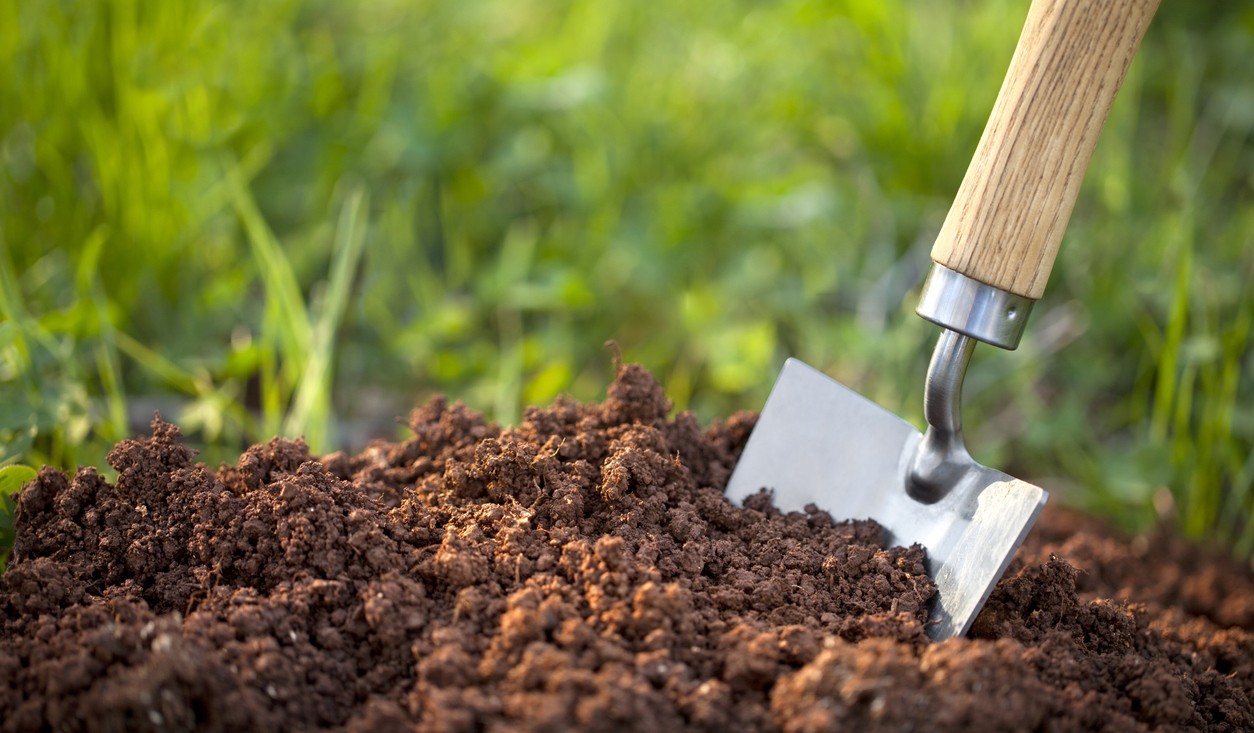
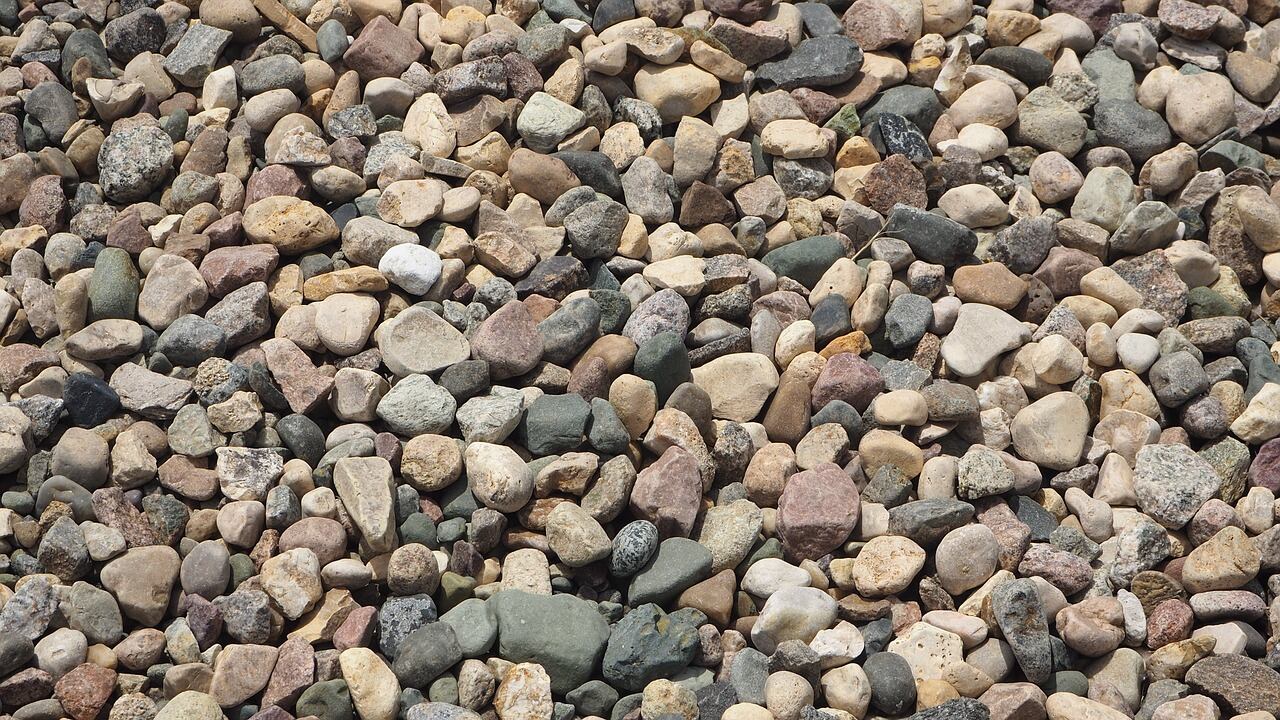

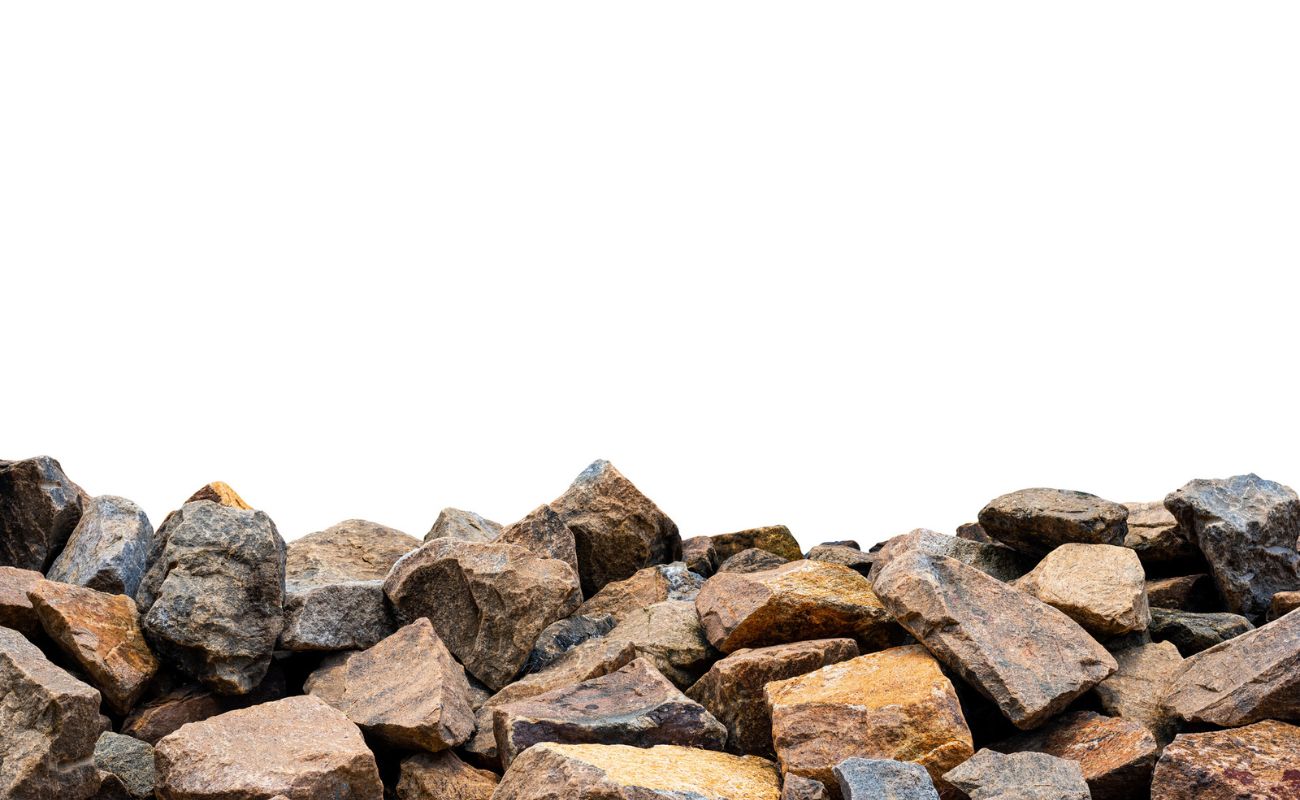
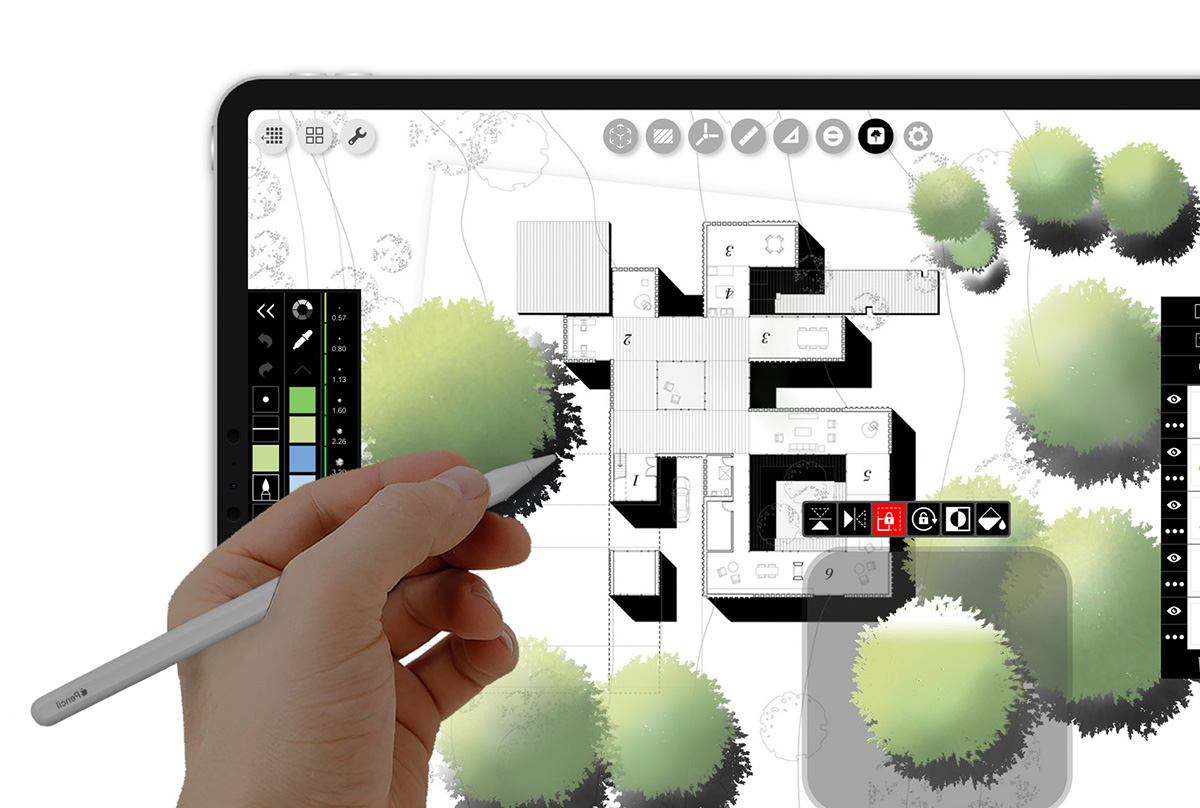



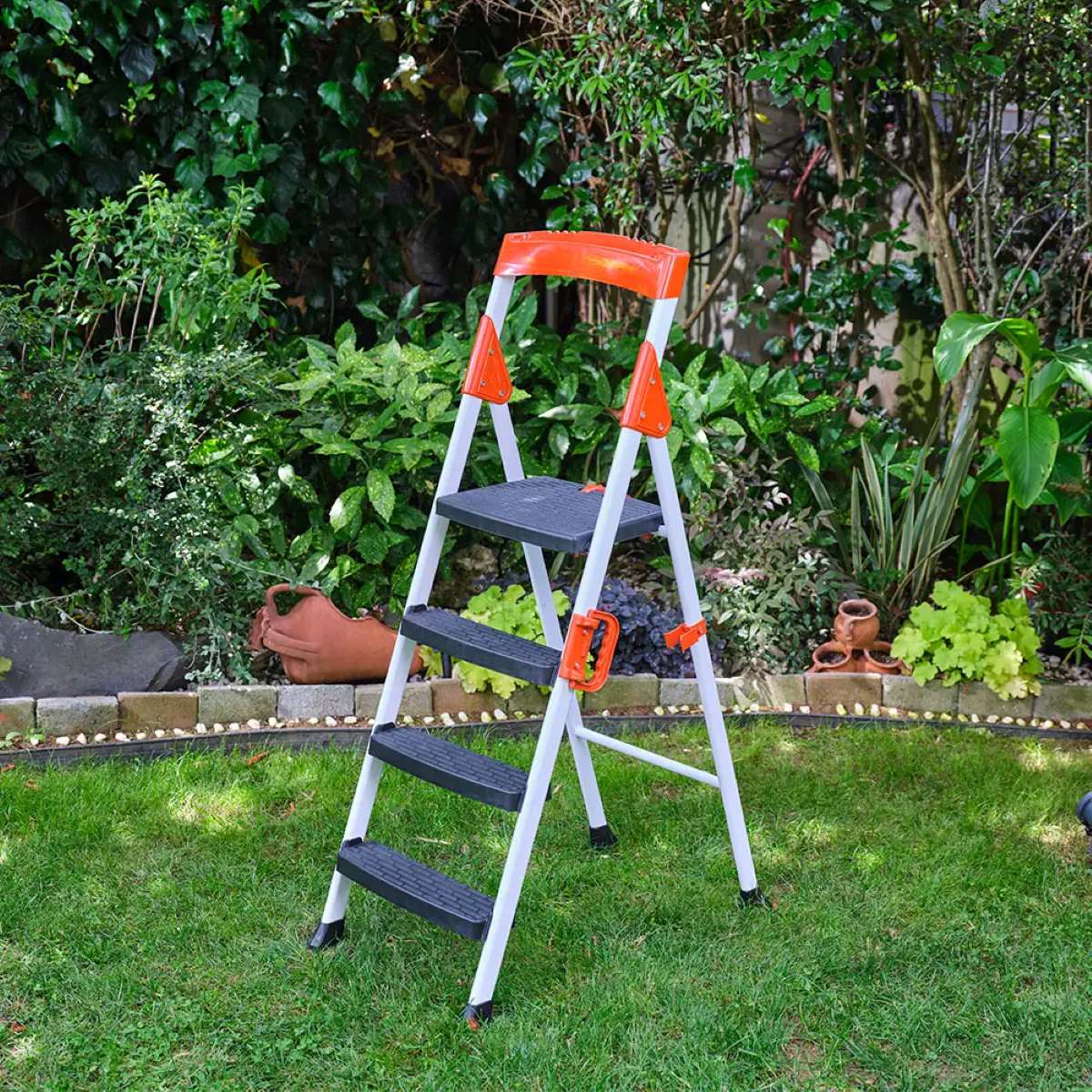
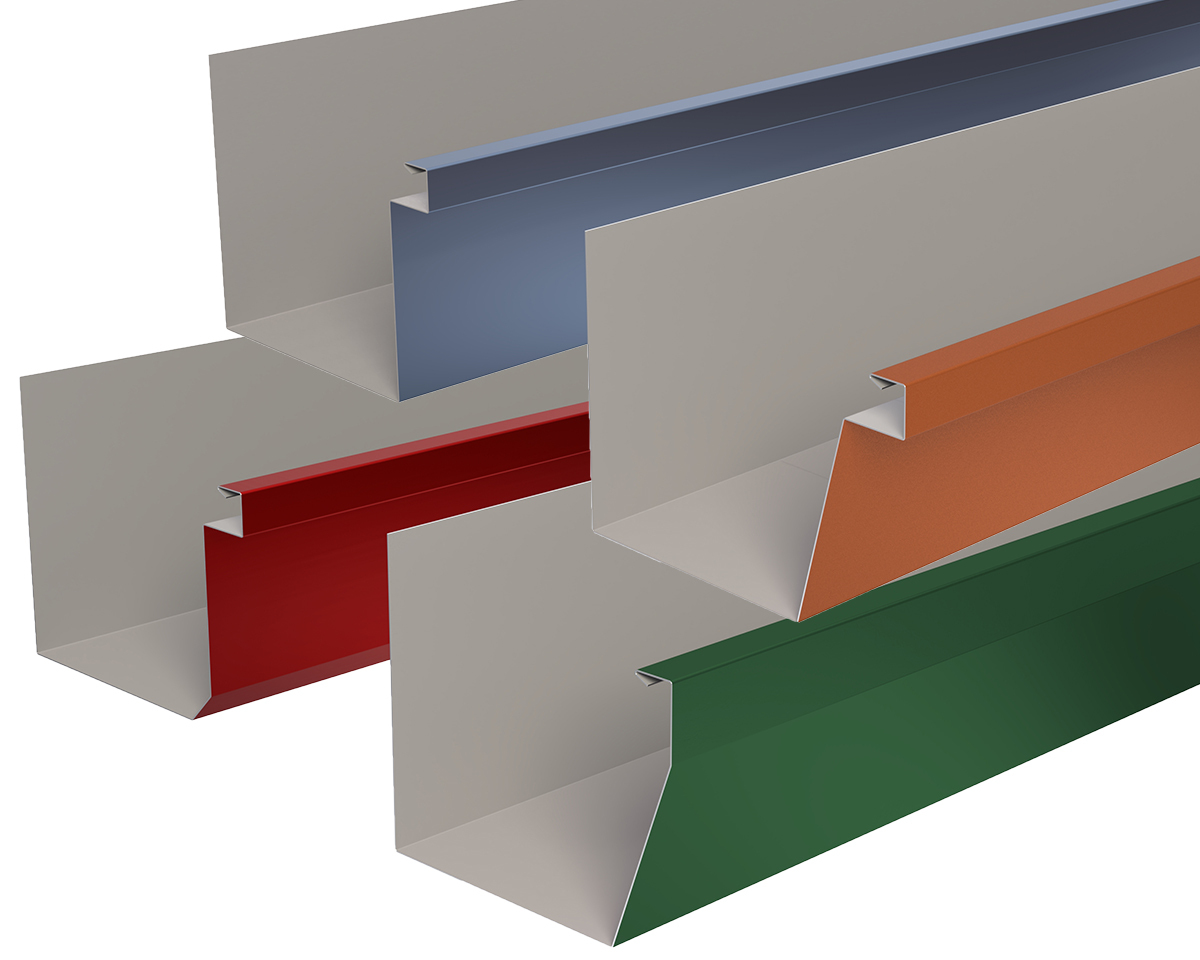

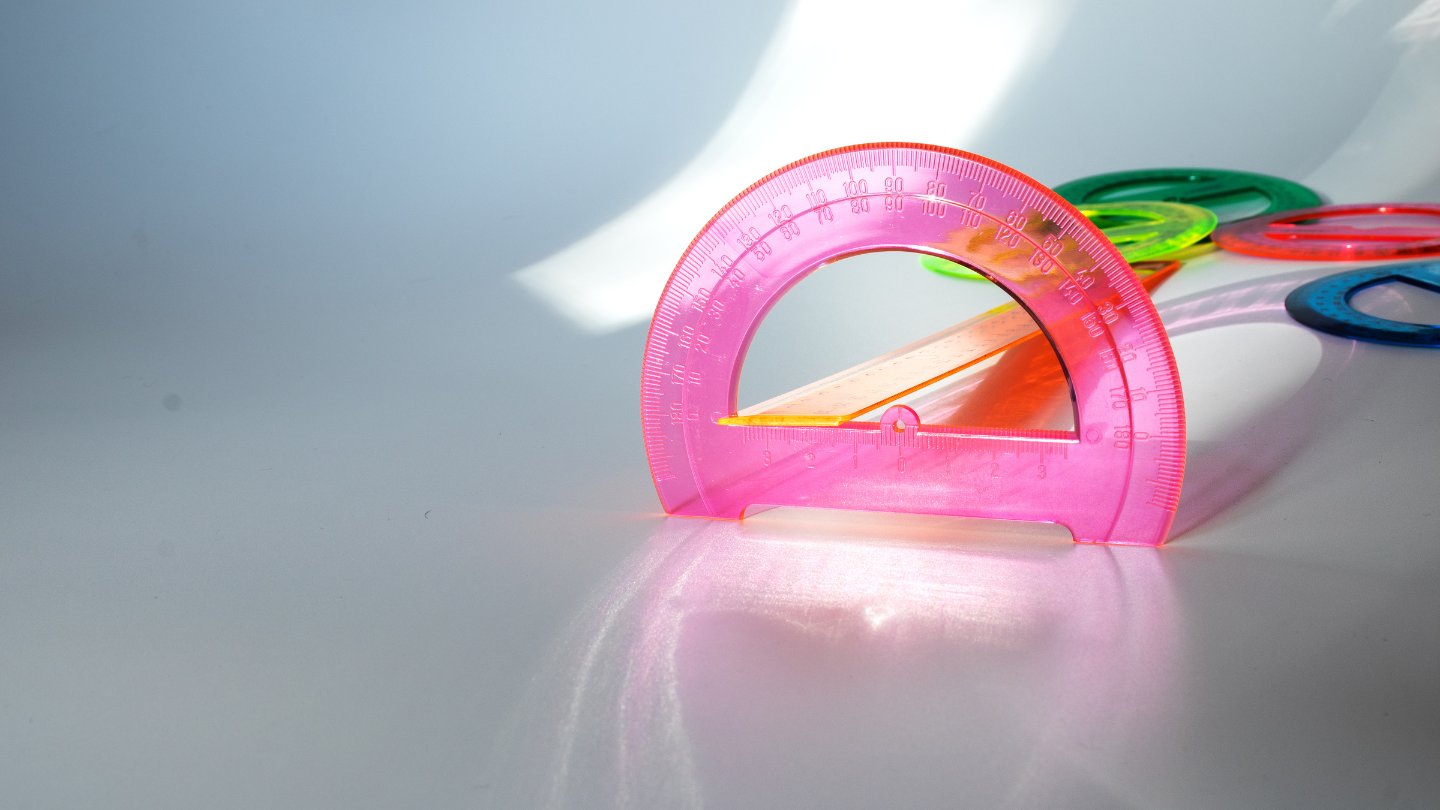
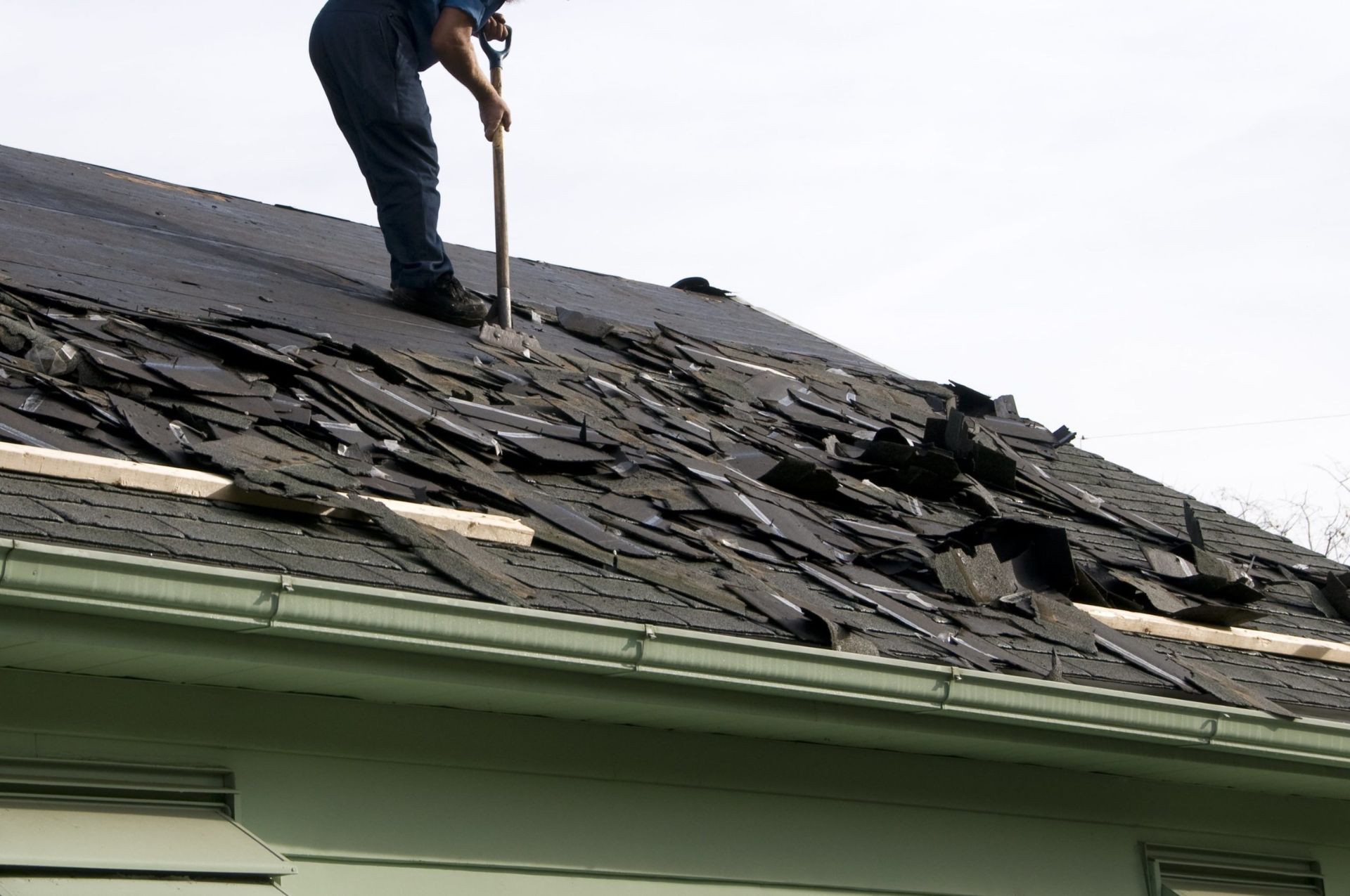
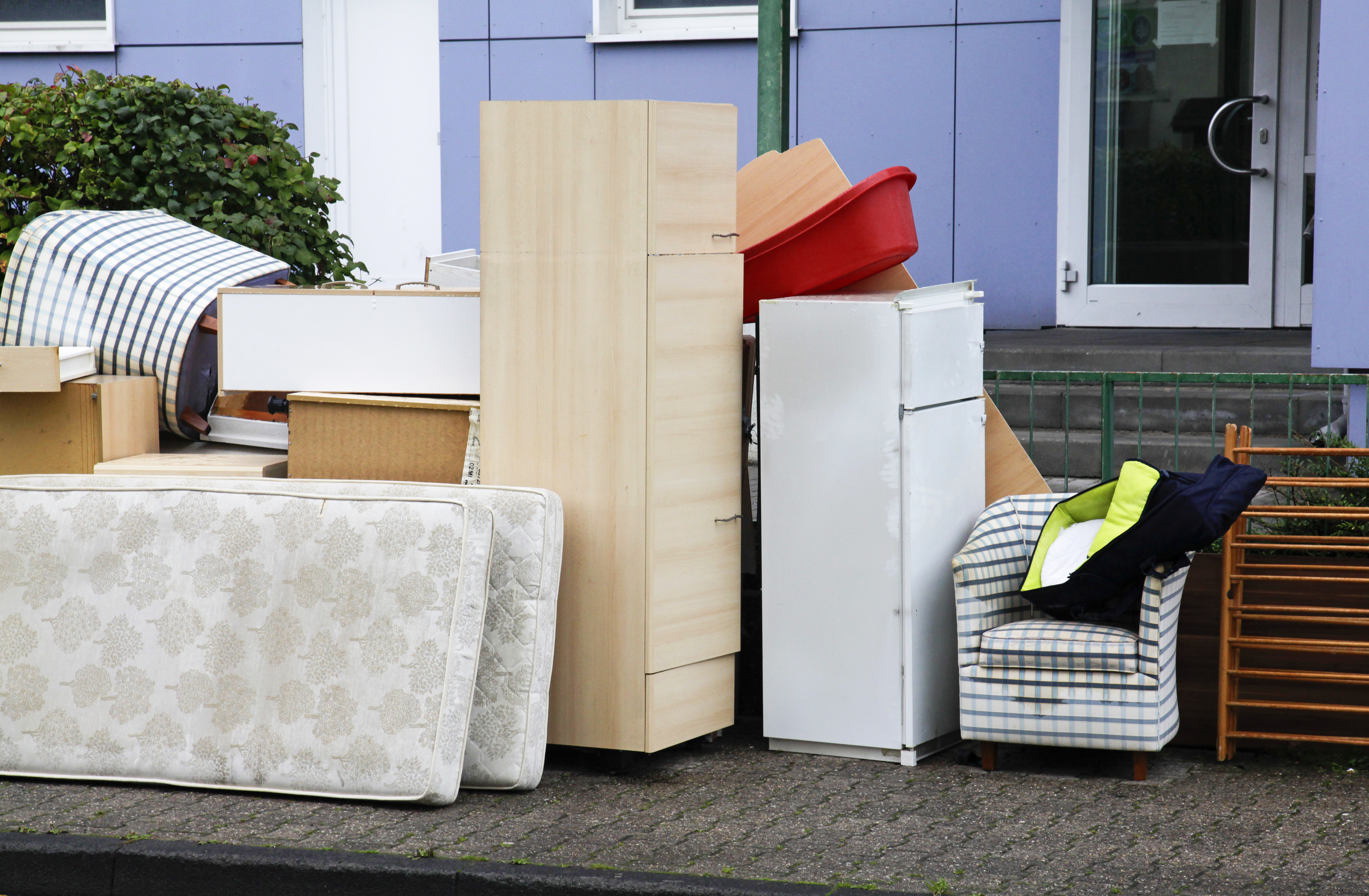

0 thoughts on “Where Can I Dump Landscaping Waste”